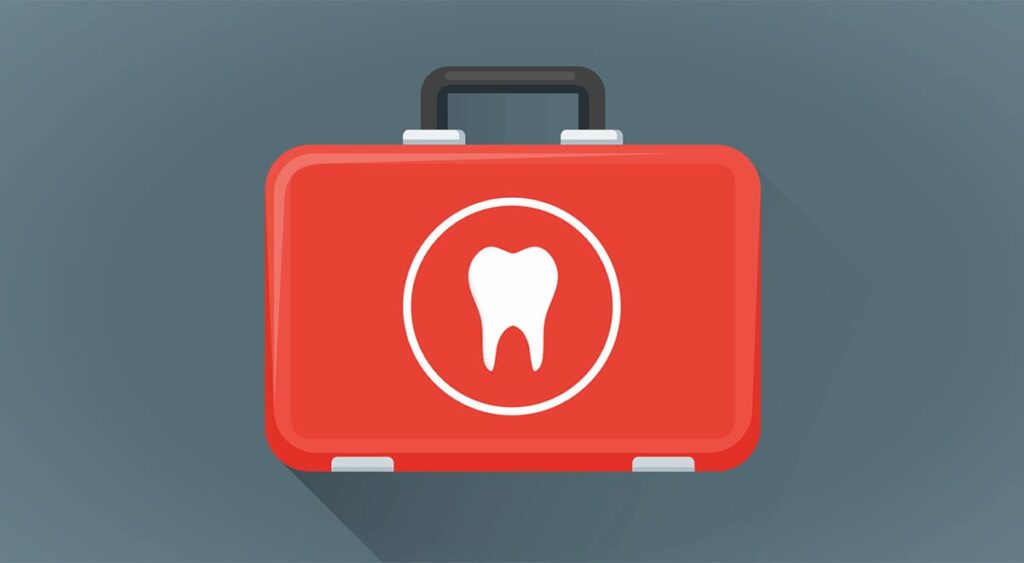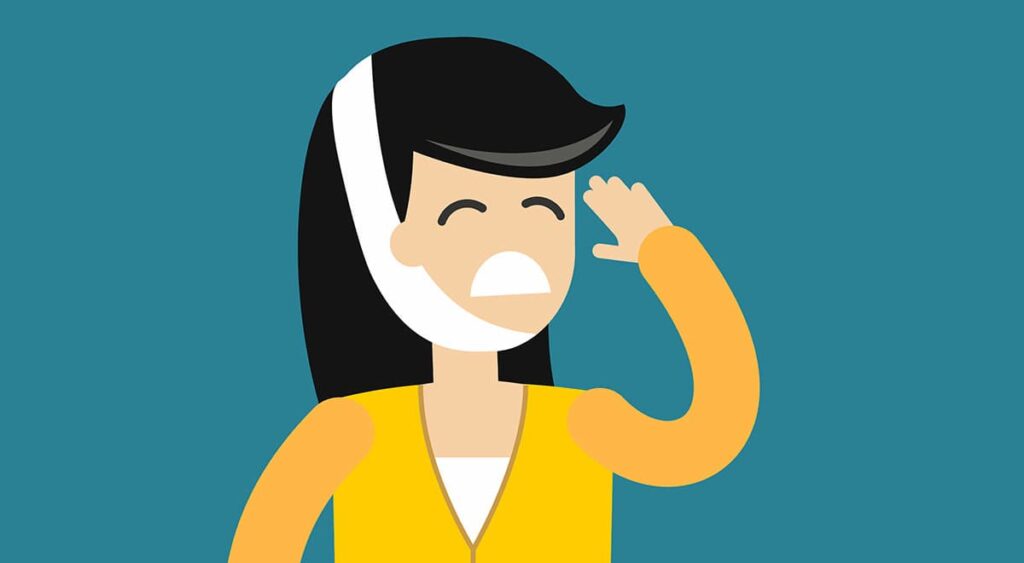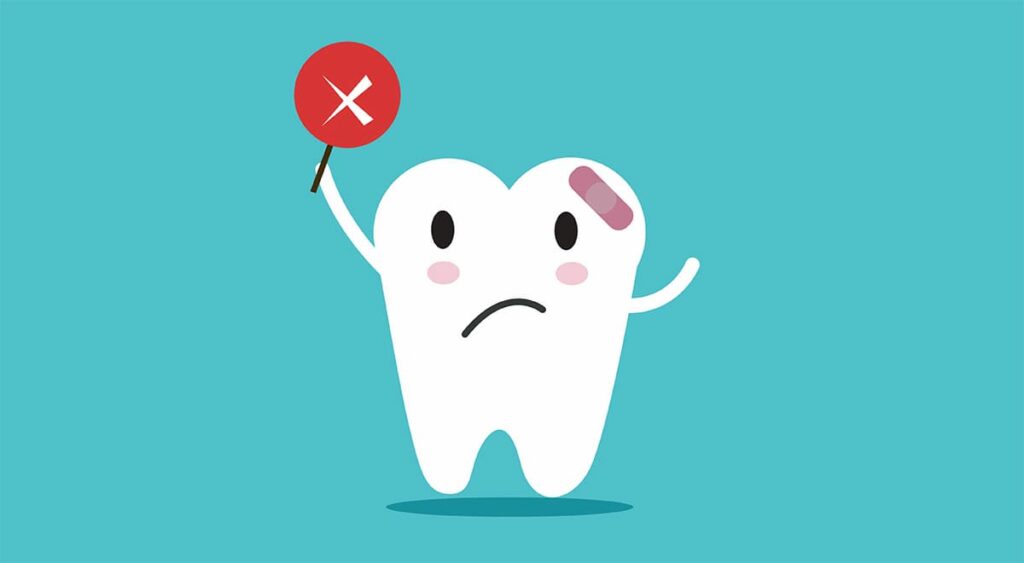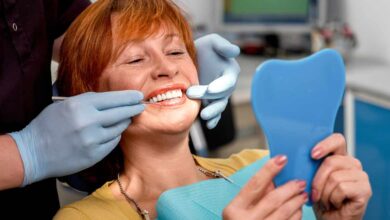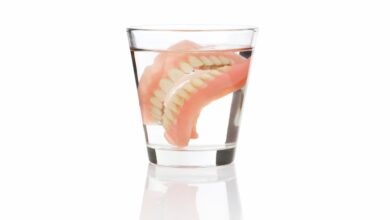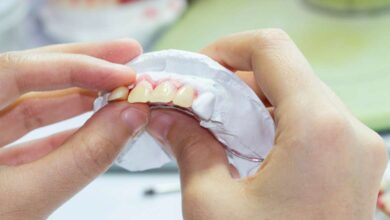How to handle common dental emergencies
No matter what kind of dental emergencies you may encounter, you should contact a dentist as soon as possible for a proper examination and treatment. That is because an emergency dentist does not simply provide pain relief when you need it most, he or she will help you to limit the damage to your teeth, gums and supporting bone. Even minor dental pain is sometimes symptomatic of tooth infection that requires immediate attention. It is thus important to identify the underlying issues so that the dentist can nip the problem in the butt before the situation worsens.
However, it is not always possible to find professional help when you need it. Dental emergencies, like medical ones, are a fact of life. If you wish to avoid any complications or provide immediate pain relief when caught in a dental crisis, this article is written especially for you.
Common dental emergencies
Here are some of the most common dental emergencies and what you can do before professional help is sought:
Toothaches
Do not trivialise the presence of toothaches. Not only is the pain hard to bear, a harmless-sounding toothache can seriously impair your performance at work or school, or worse, lead to a tooth decay or infection. The best thing to do when your tooth hurts is to rinse your mouth or gargle with a mild salt solution to clean your teeth and remove any food debris that may be stuck. If there is swelling, you can apply a cold compress to the affected area. If the pain persists, call your dentist immediately.
If you experience swelling due to a toothache, you can apply a cold compress to the affected area. If the pain persists, call your dentist immediately.
Broken, chipped or cracked tooth
Whether due to a sports injury or external impact, your tooth may be cracked or chipped when you least expect it. The degree of the pain may be telling of the severity of the chip or crack. If the nerve of your tooth is affected, the pain can be pronounced. Do not take any medication unless otherwise advised by a dentist. You may reduce the pain or swelling by applying an ice pack to the affected area. For serious dental injuries, call your dentist immediately.
Knocked out tooth
If your tooth is completely knocked out, do not panic. Carefully pick up the tooth by its crown and rinse it – making sure you do not remove any tissues still attached to your tooth. Try to reinsert the tooth back into the socket. It is possible to save the tooth if it is re-inserted within an hour of it being knocked out. If that is not possible, put the tooth in a cup of milk or warm water and visit an emergency dentist right away.
Whether due to a sports injury or external impact, your tooth may be cracked or chipped when you least expect it.
Bitten lip or tongue
This is especially common amongst children. Clean the affected tongue or lip and apply cold compress to the bruised and swollen area. But if the bleeding persists after 15 minutes, visit the emergency room at the nearest hospital.
Something stuck between the teeth
You can use dental floss to gently dislodge the foreign object. If that is not possible, call your dentist immediately. Do not attempt to forcefully remove the object if the movement causes any pain to the sufferer.
No matter what kind of dental emergency you are in, you should contact a dentist as soon as possible for a proper examination and treatment.
